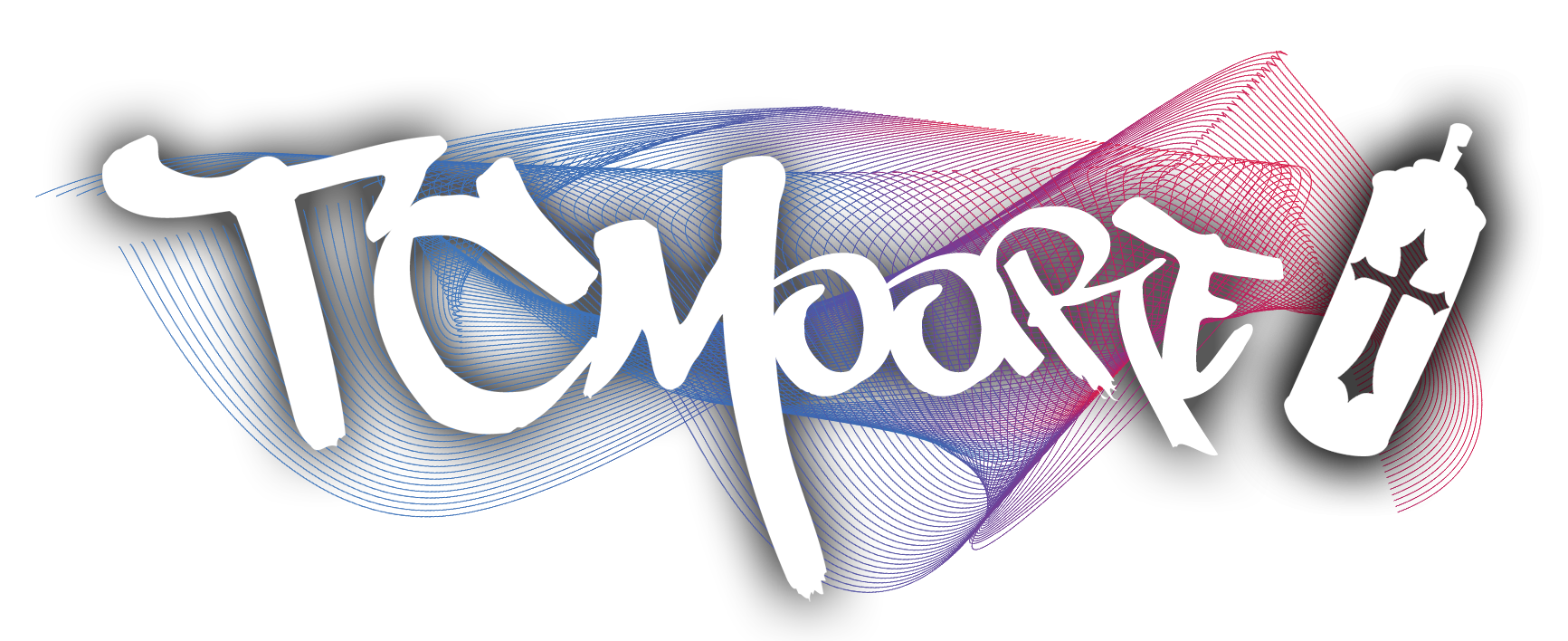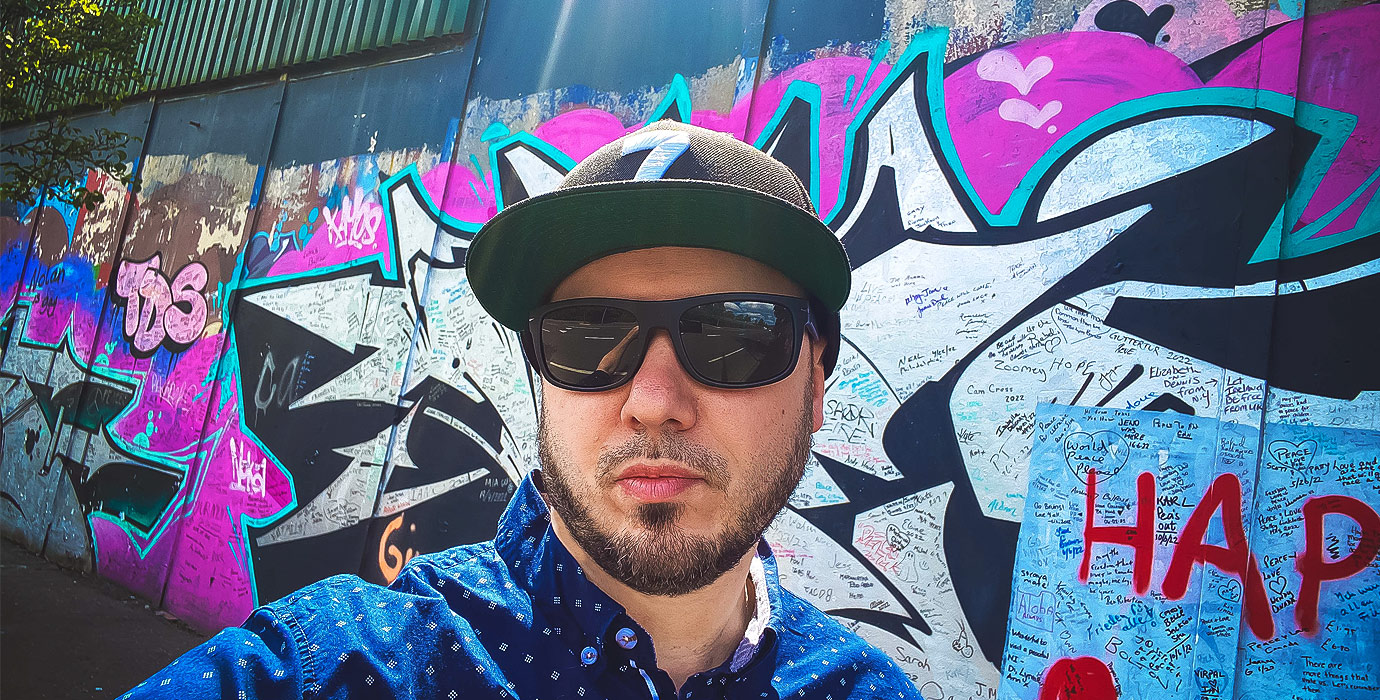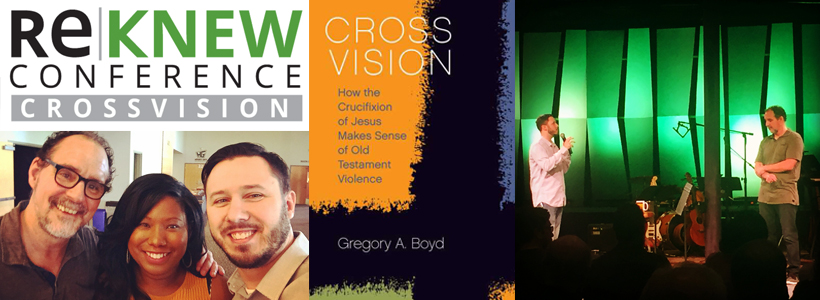This past week, Osheta and I spent several days in St. Paul, MN having an amazing time attending the third ReKnew conference: “Cross Vision.” (The first ReKnew conference was in April of 2013 and was called “OPEN 2013”; the second was in September and was on “Faith, Doubt, & the Idol of Certainty”)
Greg Boyd and ReKnew Ministries

For those of you who may not be familiar, ReKnew is an organization that promotes the rethinking of what it means to be a follower of Jesus in the 21st century and in particular the pastoral and scholarly work of Greg Boyd. His latest contribution to this rethinking project has been ten years in the making. Greg has been a thought leader in Christian theology for a couple decades. But some of his most innovative work has been around God’s relationality and about Jesus’s nonviolent ethics. As Greg tells it, the more clear he became on the supremacy of Jesus in God’s self-revelation, the uncompromising way the apostles present Jesus as the culmination and all-surpassing revelation of God’s character and nature, the more shade began to form over the portraits of divine violence in the Hebrew Bible. And, the more his preaching emphasized Jesus’s call to nonviolence, the more questions he was asked about passages in the Bible that seemed to say God commanded or committed violence. So, around ten years ago, Greg set out to compile a resource book that would provide curious folks with the best explanations available for how or why God would do such terrible things. Let’s call this the ‘Spin’ book. But after getting 80-100 pages into this project, he wasn’t convinced by the very arguments he was writing. So he scrapped the ‘Spin’ book entirely.
Instead, he started asking himself a question he hadn’t heard anyone else ask. How do these violent portraits of God in the Old Testament point to the love of God revealed in the Crucified Messiah? This question set Greg on an entirely different trajectory than the ‘Spin’ book. It led him to ask, How is it exactly that the Cross reveals the love of God?
Today, so many Western Christians take it for granted that the Cross reveals the love of God. But how? How does a form of Roman torture and murder—a gruesome and terrorizing method of state-sponsored execution—become the definitive revelation of God’s love?
As Greg began to explore these two new questions, he began to see the Scriptures in a new way. He began to develop what would become the “Cruciform Hermeneutic” and the “Cruciform Thesis.” And the research and conclusions that resulted from these two ideas are what became The Crucifixion of the Warrior God (CWG) and Cross Vision (CV). It was around the exploration and clarification of these works that the conference was organized.
Three More Leaders of the Cruciform Tribe
The Cross Vision conference was not only a space for Greg to expound upon the Cruciform Hermeneutic and Thesis, though it was that. And it also wasn’t only a space where he could respond to the most common objections that have been expressed, though that was greatly needed and delivered. It was also a space for others who are supportive of Greg’s work to ask how these ideas intersect with their own identities, lives, and ministries. This was so refreshing to me because I not only love to explore complex theological concepts, I love to ask “Now what?” and “What implications does this have for the live of the church?” To help Greg explore these questions, several brilliant leaders were enlisted. However, three leaders in particular impressed me with their maturity, depth of insight, and representation of the church’s beautiful diversity.

The first of these leaders I want to express gratitude for is Dr. Dennis Edwards. I’ve known Dennis for several years now and count him as a mentor. He and I are ministers in the same denomination: the Evangelical Covenant Church (ECC), and I have sought his guidance as an experienced church planter. But Dennis is also an outspoken Neo-Anabaptist voice and has become a good friend of Greg’s. He has been an important dialogue partner for Greg as he sorts through issues of political activism as it relates to racism in the Twin Cities.
Dennis kicked off the Cross Vision conference with an really timely and powerful message on the vital need to listen to, learn from, and follow the leadership of ethnic minorities in the United States because in their socially-disadvantaged location they model the Way of Jesus. He used the example of African Americans and how their story reflects the plight and struggle of the early Christians written to in the letter of First Peter. (Dennis has recently completed a commentary on First Peter). It was so encouraging to hear a message that so clearly brings into dialogue racial justice and political activism with the Neo-Anabaptist tribe. This has long been an area of criticism—that Neo-Anabaptists avoid these topics and disengage with controversial political challenges in society. That’s why it was particularly encouraging that Dennis’s message set the tone for the rest of the conference.

Next, Rachel Held Evans joined Greg on stage to talk about the similarities in their journeys to finding new ways of reading Scripture in the light of their commitments to the nonviolent Way of Jesus. Rachel’s next book will also be on how to read the Bible and she shared with attendees an excerpt that she thanked Greg for inspiring. The excerpt was about God’s “stooping,” the movement of God’s activity in the world that corresponds to God’s character of self-giving love. This is something Greg has emphasized for many years, but puts a particularly fine point on in CWG. I really enjoyed the dialogue Rachel and Greg had on the importance of women’s participation in the process of biblical interpretation. It is only when we read the Scriptures together as men and women, that we are reading them with the full humanity God intended. I also really appreciated the levity and humor that Rachel brought to the conference. It was a great privilege to get to meet her and spend some time chatting with her. Through she is a widely-revered figure, this has not left her aloof. In person, she is a kind, accessible, thoughtful, and interesting person.

Third, I really enjoyed meeting and speaking with Natalie Frisk, the Curriculum Pastor of The Meeting House in Canada, where Bruxy Cavey is the Lead Pastor. Natalie led a workshop at the conference that engaged attendees who were interested in exploring questions of how to integrate the Cruciform Hermeneutic and Thesis into the teaching ministry of the local church—particularly as it relates to youth and children’s ministries. This is such an important subject! So often, theological movements are extremely good at communicating new approaches to worship and witness among adults, but by the time the message reaches young people it has devolved into fairy tales and rules. Natalie is thoughtfully asking questions about how to communicate this new approach to reading the Bible among younger people and inviting the rest of the Cruciform Tribe in on the conversation. I think this is a very wise move.
In each one of these leaders, I can see the way Greg’s research and writing contributes to a much larger community of Christ-followers that has many gifted leaders who are leading innovative and important ministries.
Two Fun Conference Excursions
For Osheta and I’s honeymoon, we went on a Caribbean cruise. When we made stops at various islands, like Nassau, there were all types of “excursions” that cruise-goers could go on. Not entirely unlike those cruise excursions, there were two additional events that took place in St. Paul that conference attendees were welcome to attend.

The first was not for the faint of heart. It was designed for the uber theologically-nerdy. Tripp Fuller, of Homebrewed Christianity, and Tony Jones, of Theoblogy, hosted a live podcast recording with Rachel Held Evans and Greg Boyd. The event was also billed as a “debate” between Greg as a representative of Open Theism, and Tripp as a representative of Process Theism. But, in reality, it was more of a lively dialogue with some super-nerdy inside jokes scattered throughout. I thought Rachel did a great job reminding the guys that, every once in a while, it’s good to land the plane so people know why asking about how many angels can dance on the head of a pin matters to the everyday person. I had a fun time, but that’s mostly because I’m a super theology nerd.

The second conference excursion had a much broader audience in mind. Greg plays the drums for a Twin Cities band called NDY (Not Dead Yet), and they were performing at a local pub. So, conference-attenders were welcome to go and listen to covers of classic rock from the 70s, 80s, 90s, and I’m told Taylor Swift????? Also, you could see Greg show off his insane speed-drumming skills!
@greg_boyd speed-drumming #ReKnew17 pic.twitter.com/gCFK3H4I8P
— ReKnew.org (@ReKnewOrg) September 23, 2017
What’s Next?
The conference also featured a time of musical worship and singing. One area that the Cruciform Tribe will likely need to explore in the future is our hymnody. Together we sang a very good song called “Us For Them” by Gungor. The lyrics are rich and theologically attuned to themes of Neo-Anabaptism, such as nonviolence, others-centered, cruciform love, etc. But songs like this one are too few and far between. I’d like to see more musicians and creatives take up the challenge of creating a new hymnody for the Cruciform Tribe.
In a similar vein, Dennis’s message was excellent at casting a vision and inspiring. But it now needs to be met with those whom God has gifted and called to explore what it looks like practically and at the local church level to live out cruciform love in the areas of racial justice, gender justice, and all forms of social justice. What does it look like for Neo-Anabaptists to demonstrate solidarity with the oppressed, champion their cause, and seek societal solutions that extend beyond the ‘four walls of the church.’
I’d really like to see ReKnew develop a way to extend the kinds of conversations that took place at Cross Vision. Perhaps there’s a way for TribeNet.org to not only be a way for people to find and connect with Cruciform communities (which is great!). But, in addition, perhaps TribeNet could also be a place where these communities explore together what each is doing to share and live out the cruciform love that Greg has done such a great job showing us how to find in Scripture. Maybe there are ways for Cruciform Tribe leaders to share tools and resource they create for their congregations and small groups. Maybe there is a way for ReKnew to facilitate a more multi-voiced dialogue. That seemed to be one of the strengths of the Cross Vision conference.


